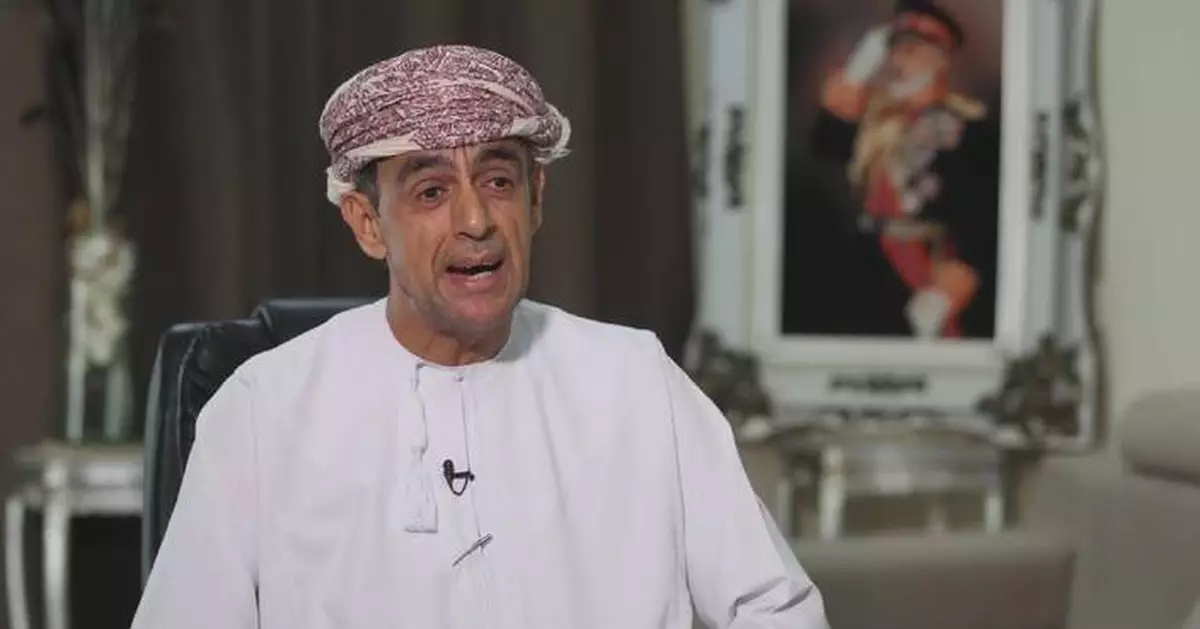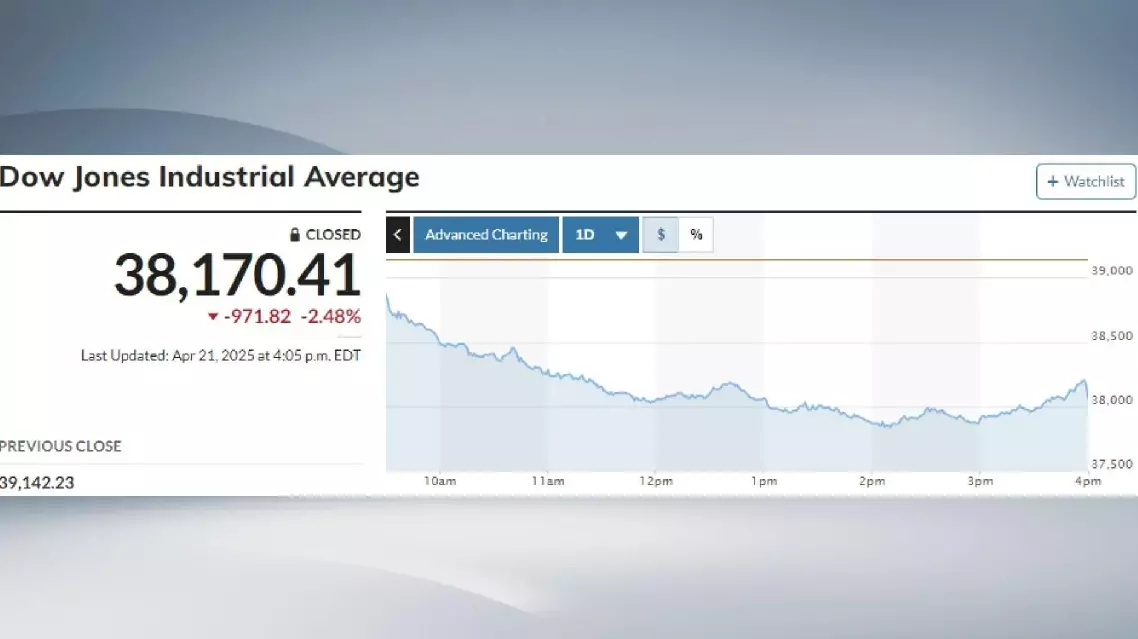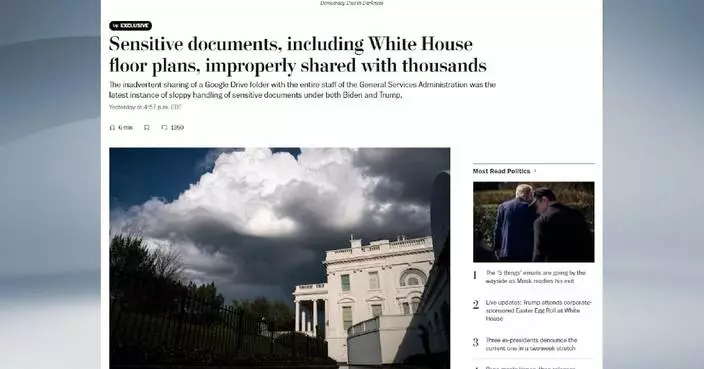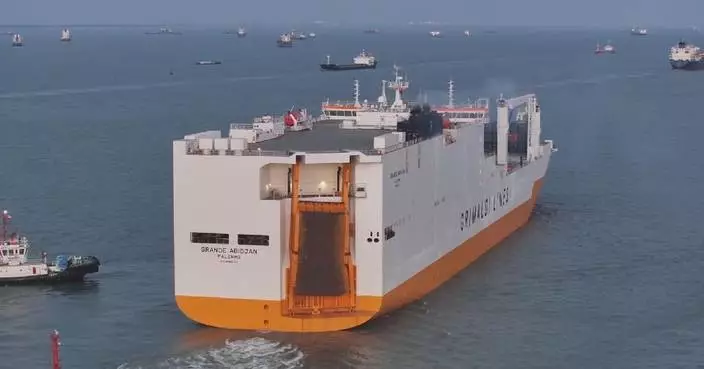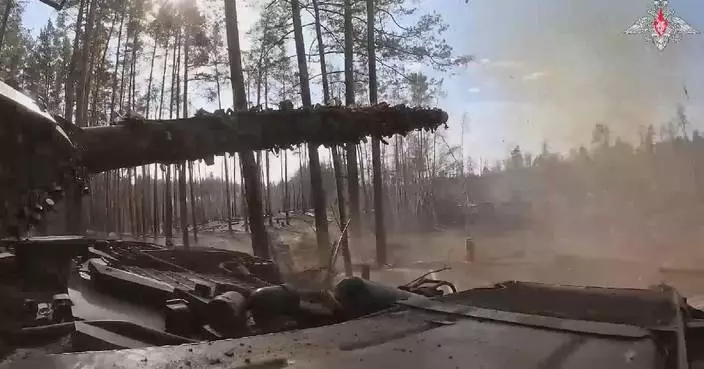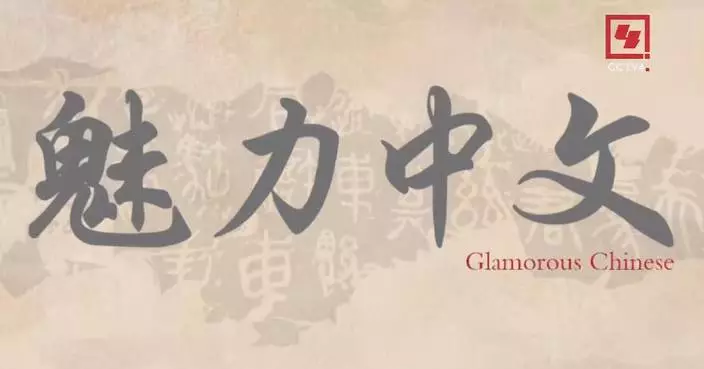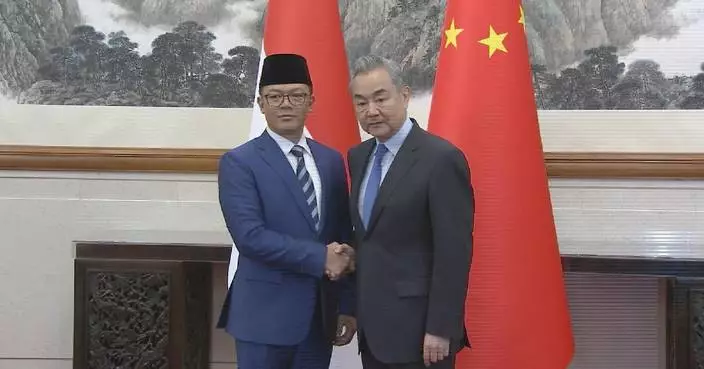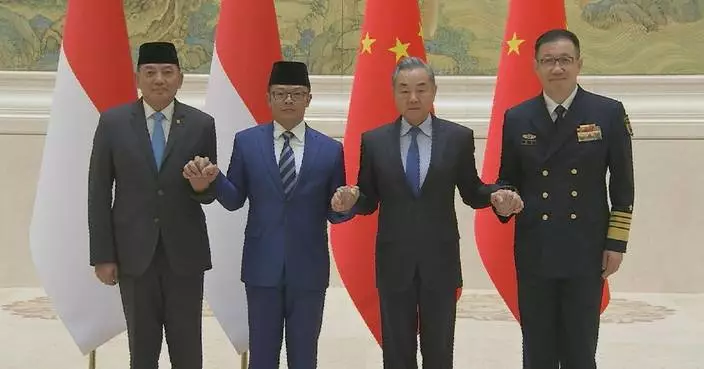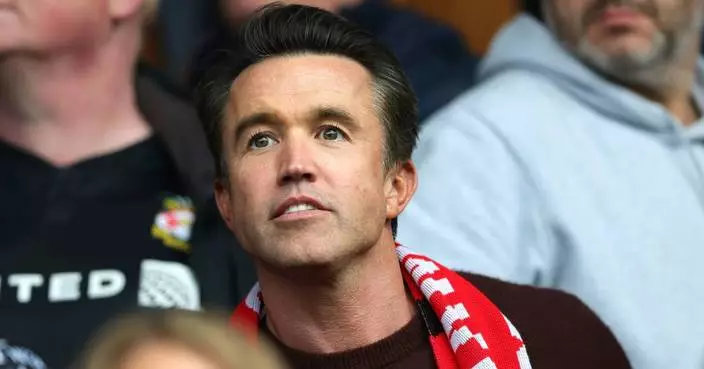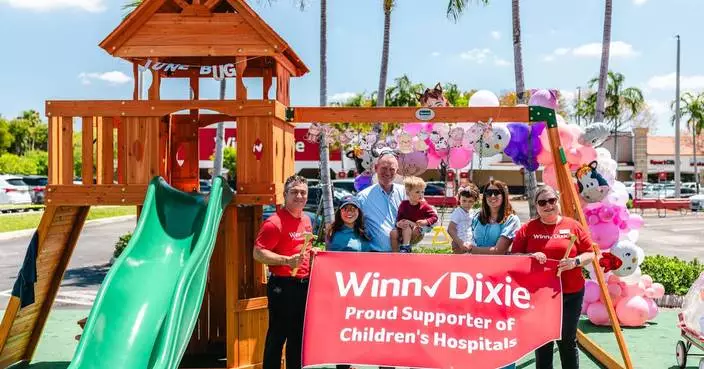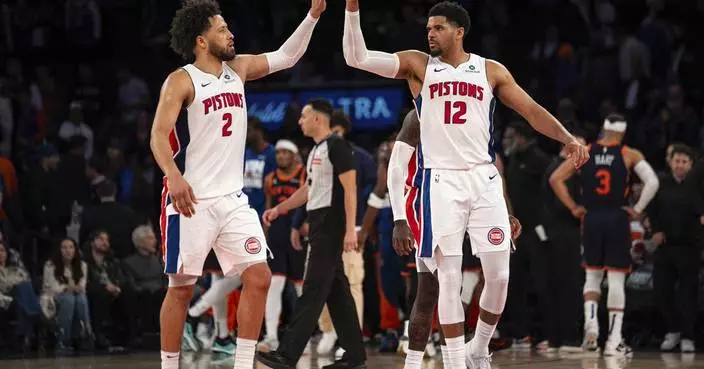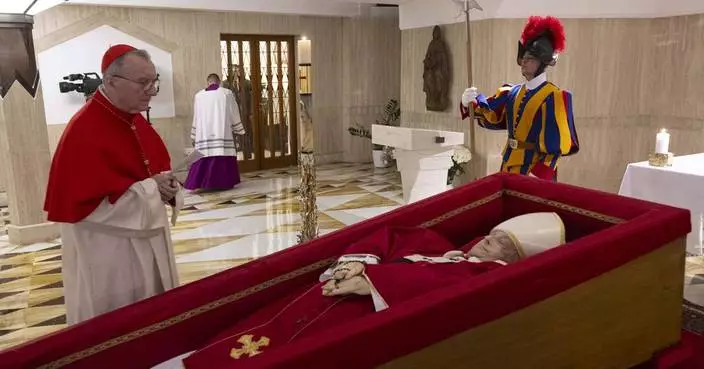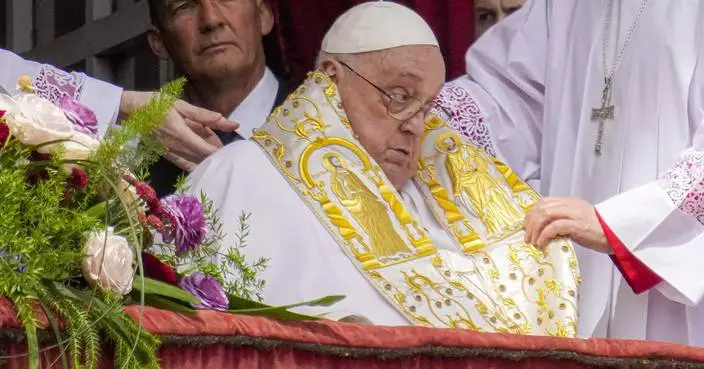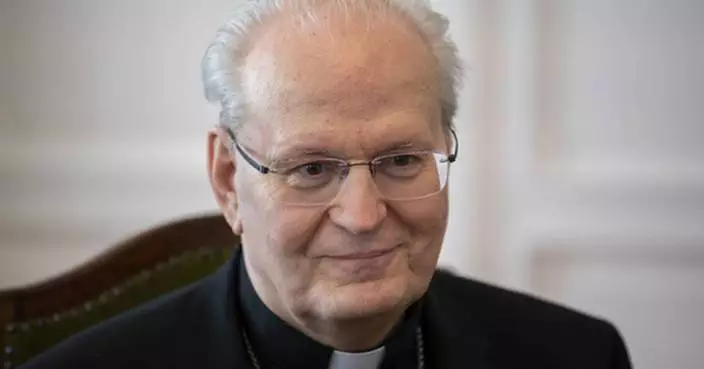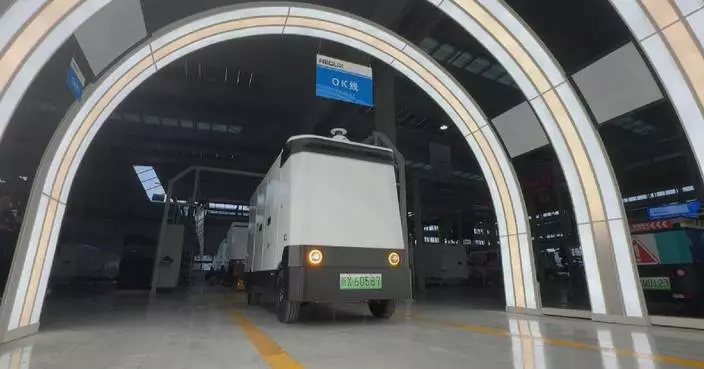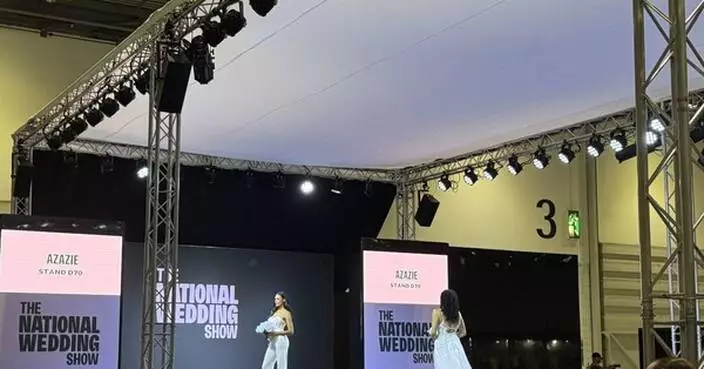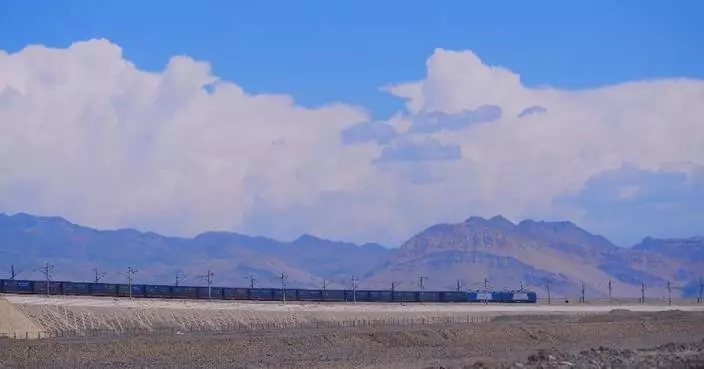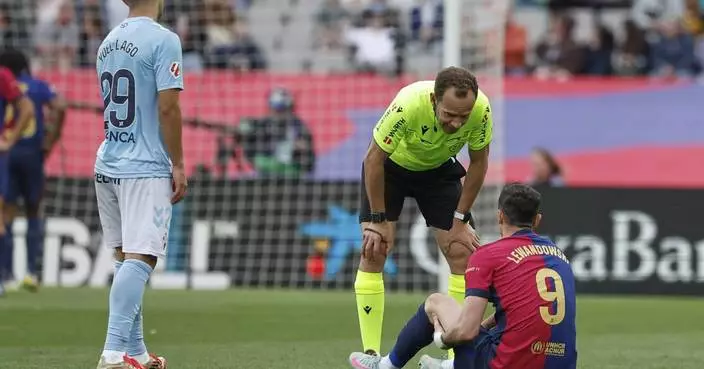Oman's role in facilitating "volatile" indirect talks between Iran and the United States is to build trust between the two sides, said Omani political analysts.
Iran and the United States are set to hold a second round of talks on April 19, following what both sides described as a "constructive" first round in the Omani capital Muscat on Saturday.
The talks, which lasted two and a half hours, marked a rare thaw in a long-frozen relationship fraught with sanctions, military brinkmanship and regional rivalries.
The talks between Iranian Foreign Minister Seyed Abbas Araghchi and U.S. Special Envoy to the Middle East Steve Witkoff centered on Tehran's nuclear issue and sanctions relief, said the Iranian Foreign Ministry in a statement.
Oman's foreign minister mediated the talks and said they were held in "a friendly environment".
"I think the biggest challenge is building trust between the two parties. That's the role Oman and Oman's diplomacy will focus on," said Mohamed Al Araimi, Omani political researcher and author and chairman of the Oman Journalists Association.
Ahead of the talks, U.S. President Donald Trump gave Tehran a two-month deadline to reach a new nuclear agreement. He also threatened to attack Iran if the talks fail.
"These talks are very volatile. There have been escalations and clear threats from the United States. These threats may not help the negotiations. And Iran is a military power. It has plans for its nuclear program. And that's why the U.S. is now back to negotiating with Iran in Muscat. The U.S. is realizing Iran's strength, and that it has become essential to reach an agreement which can restrict Iran's ability to weaponize its nuclear power," said Khamis Al Qutaiti, Omani political analyst.
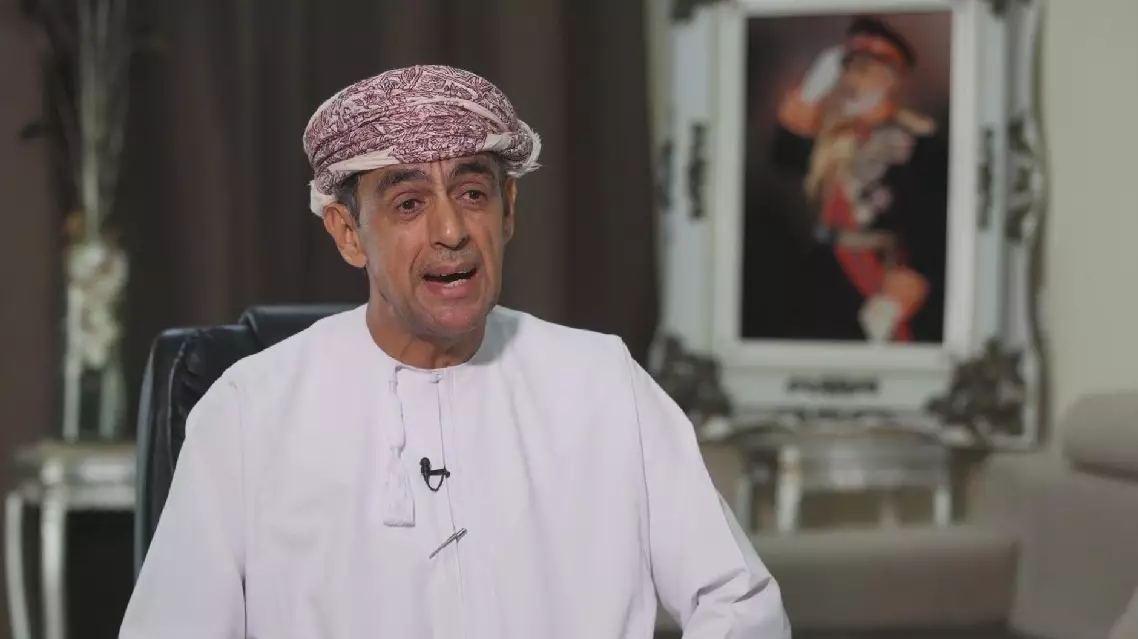
Building trust remains biggest challenge in Iran-US indirect nuclear talks: Omani experts


